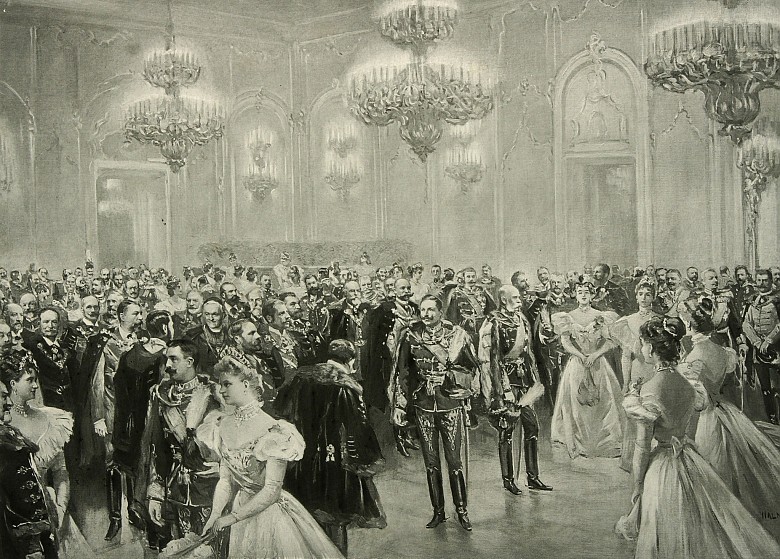Her first ball
From The Garden Party, and other stories
by Katherine Mansfield
1. What does the scene in the carriage in "Her First Ball" tell the reader about Leila?
- The scene in the carriage tells the reader that Leila is excited for her new experience, everything seems new and funny to her and she is really looking forward the ball. She is a bright naive girl who was so fascinated that she imagined the carriage itself as a partner who is dancing with her, with people around them which were actually light posts and trees. She found it hard to keep the excitement to herself, but she acted indifferently because other cousins have been to balls frequently. She even wanted to keep the wrapping of her cousin's new gloves as a remembrance.
2. Leila is very exited. Do other people feel the same way about the ball?
- Others don't find it as exciting as Leila because for them, it was a normal thing that happens occasionally, but for Leila, it was a whole new thing as she was from countryside and she didn't have close neighbours around her.
3. Imagine you are Meg or Laurie, Leila's girl and boy cousins. You are writing your diary after the ball. Describe Leila and how she behaved at the ball. Say what you thought of the ball (you have been to many). Include your thoughts on :
>your cousin Leila
>the other people at the ball
>the venue and its decoration
- Today's ball was not a surprise but a typical ball. Nothing was special, lightings were boring as they were the same everywhere, food was normal food that are served in any ball and even the boys weren't as good looking as I had expected. However, Leila seemed to find everything fascinating and special. It was fun looking at her because it reminded me of my first ball; it was a heaven-like new world at first.We put on our best dresses and make up and I took Leila around to get to know new people and to let her have more experience. She was so cute when she was dancing with the first man.I could see her blushing and she couldn't even make a proper eye contact with him! She got better and more used to it as time passed by, but she was still so adorable like a little baby. I should take her to more balls and let her socialise with more people from now!
